OUR MISSION:
The Emergency Manuals Implementation Collaborative (EMIC) fosters adoption and effective use of emergency manuals to enhance our patients’ safety. Our initial focus is perioperative care, while sharing our lessons with other fields of healthcare.
Our goals are to:
1. Provide a framework for clinicians and teams to train for, manage, debrief, and report critical events.
2. Embed the effective clinical use of emergency manuals into patient care.
3. Build a community to share tools, overcome barriers, and facilitate implementation.
4. Provide resources to improve care in dynamic fields of healthcare with high intrinsic hazard.
STEERING COMMITTEE:
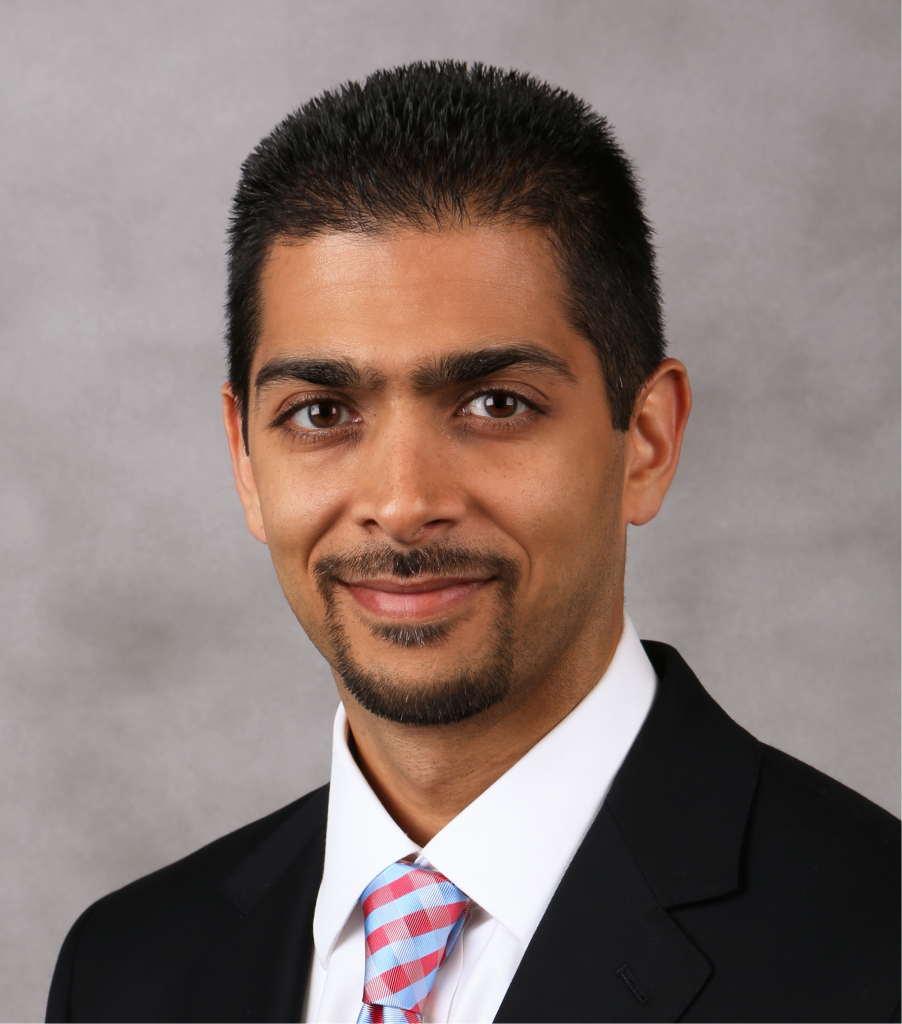
Aalok Agarwala, M.D., M.B.A.
Dr. Agarwala is Division Chief for General Surgery Anesthesia, Associate Director of Quality and Safety for the Department of Anesthesia, Critical Care and Pain Medicine at Massachusetts General Hospital, and Assistant Professor, Harvard Medical School.
As Associate Director of Quality and Safety, Dr. Agarwala maintains oversight of departmental quality improvement initiatives, internal and external quality reporting measures, and development and design of new metrics and measurement tools. He has led multiple quality improvement projects, including the implementation of emergency crisis manuals into the operating rooms, improvement of OR and ICU handovers, and improvement in pre-operative and post-operative anesthesia evaluation. His academic pursuits are centered on improvement of perioperative quality and safety, with a focus on the use of cognitive aids and structured processes to reduce errors and improve care. In addition to work on emergency manuals and transitions of care, he is currently working to expand ERAS protocols across surgical specialties at MGH.
As Division Chief, he is responsible for the management of anesthesia services, implementation of new clinical initiatives, process improvement, the educational mission, and development of junior faculty for the largest division within the Anesthesia department at MGH. Dr. Agarwala is Associate Faculty at Ariadne Labs, serves on the American Society of Anesthesiologists (ASA) Quality Management and Departmental Administration (QMDA) Committee, and has presented at regional and national conferences on the topics of emergency manuals, handoffs, and enhanced recovery.
Dr. Agarwala received his B.S. and M.D. from the University of California, Los Angeles, and his M.B.A. from the Anderson School of Management at UCLA. His clinical training includes an internship in Internal Medicine at New York University Medical Center, and residency in Anesthesia and Critical Care at the Massachusetts General Hospital.

William R. Berry, M.D., M.P.A., M.P.H., F.A.C.S.
William R. Berry, MD, MPA, MPH, FACS is the Co-Founder and Senior Advisor at Ariadne Labs: a joint center for health system innovation at Brigham and Women’s Hospital and the T.H. Chan School of Public Health. He is also a Principle Research Scientist at the Harvard School of Public Health. He formerly served as Ariadne Labs’ Chief Medical Officer and prior to that served as the Program Director for the Safe Surgery 2015 initiative. He was the Boston Project Director of the Safe Surgery Saves Lives initiative with the World Health Organization’s Patient Safety Program. He attended Johns Hopkins University School of Medicine and achieved board certification in General Surgery, Thoracic Surgery and Surgical Critical Care. After 17 years in practice as a Cardiac Surgeon, he attended the Kennedy School of Government and the School of Public Health at Harvard. He serves as an Associate Medical Director to the CRICO/Risk Management Foundation of the Harvard Medical Institutions. Additionally, he is the director of the surgical simulation program at the Center for Medical Simulation in Cambridge, MA with an interest in team training for surgeons. For the last eight years, he has also been faculty for the Institute for Healthcare Improvement in collaborative projects focused on improving the safety of surgical patients.
Dr. Berry has been an active leader in the OR Crisis Checklist development and implementation at Brigham and Women’s Hospital. His interest and expertise in medical simulation has helped develop a simulation-based training for Brigham and Women’s Hospital clinicians to practice using the OR Crisis Checklists and familiarize them with these cognitive aids.

Amanda Burden, M.D.
Amanda R. Burden, MD is Associate Professor of Anesthesiology and Director of Clinical Skills and Simulation at Cooper Medical School of Rowan University, and is an active member of the medical education research community. Her research focuses on simulation, quality and practice improvement, and assessment. Through these projects, she has established close working relationships with scientists and physicians in the vanguard of simulation research, particularly in the areas of education and assessment. She serves the American Board of Anesthesiology (ABA) as a Board Examiner and Member of the ABA OSCE Advisory Panel. Her research focus and publications address the use of simulation to explore a range of patient safety and healthcare workforce education challenges. Issues studied include clinician use of emergency checklists, distraction while working with machines and healthcare provider team building and crisis management. She has been an invited speaker at national and international anesthesiology and simulation meetings as well as at the United States Department of Education, White House Office of Science and Technology, and at the United States Congress and Senate. Dr. Burden completed her graduate medical education at the Hospital of the University of Pennsylvania and Children’s Hospital of Philadelphia, where she serves on the Alumni Board of Directors. She is board certified in anesthesiology and pediatric anesthesiology and practices at Cooper University Hospital in New Jersey. Her clinical focus is critically ill adults and children. She also conducts clinical research on quality and performance improvement issues. Working with a diverse team, she built and directs a successful multidisciplinary intraprofessional simulation program and laboratory.
Associate Editor American Society of Anesthesiologists (ASA) Editorial Board for Simulation-Based Training
Member of ASA Quality Management & Departmental Administration (QMDA) and Society for Education in Anesthesia Simulation Committee
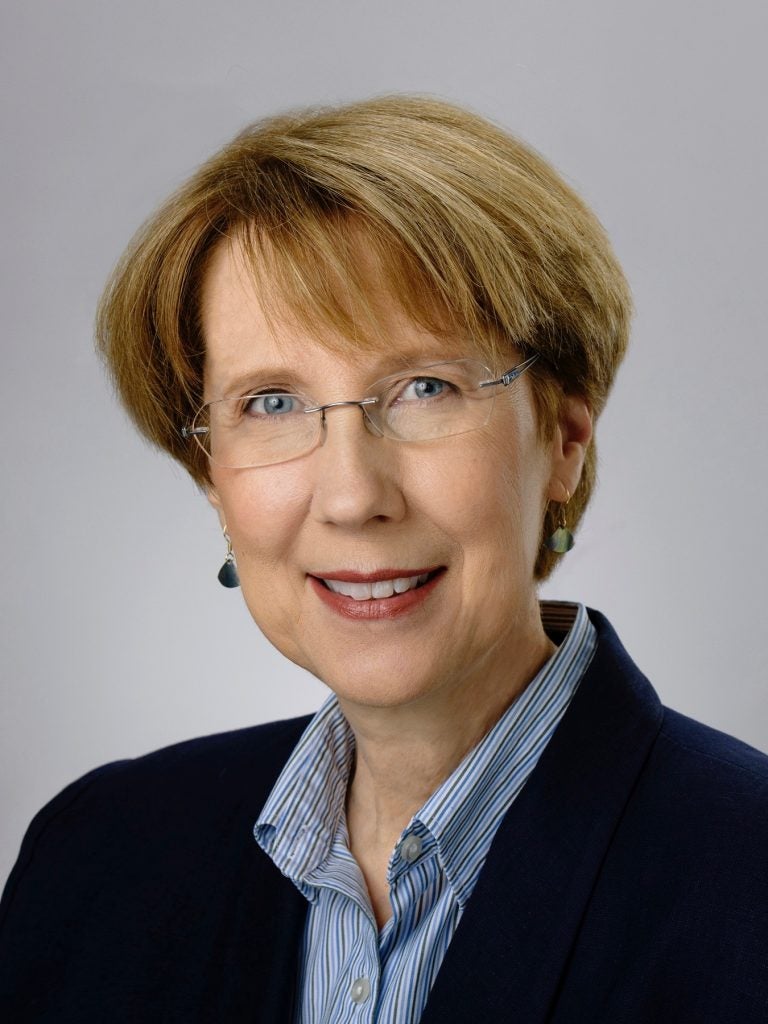
Barbara K. Burian, Ph.D.
Barbara K. Burian, Ph.D. is a senior research psychologist in the Human Systems Integration Division at NASA Ames Research Center. Her research focuses on the development, design, and use of cognitive aids and checklists, flight deck technology and displays, and on the performance of experts and novices in high consequence, dynamic, socio-technical domains. She is a member of the Society for Pediatric Anesthesiology Quality and Safety Committee, the EPIC ICare Committee, the Human Factors and Ergonomics Society, and the American Psychological Association. Barbara received her Ph.D. in Psychology from the Southern Illinois University, is a fellow of the Royal Aeronautical Society, and is a Licensed Clinical Psychologist.

Michael Butera, DNP, CRNA
Michael Butera DNP CRNA is Assistant Clinical Professor and Director of Simulation for the School of Nursing at Northeastern University Boston MA. He has been a registered nurse for 40 years and worked for 30 years as a CRNA at Good Samaritan Medical Center Brockton MA and at the VA Boston Medical Center Healthcare System. In 2017 he attended the Center for Medical Simulation Boston MA, Simulation Instructor Workshop. He has led simulation education for crisis resource management and cognitive aides using the Stanford Manual in the Nurse Anesthesiology program at Northeastern for the past 12 years.
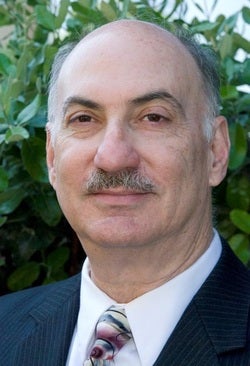
David M. Gaba, M.D.
David M. Gaba, M.D. is Associate Dean for Immersive and Simulation-based Learning and Director of the Center for Immersive and Simulation based Learning (CISL) at Stanford University School of Medicine. He is Professor of Anesthesiology, Perioperative and Pain Medicine (with tenure) at Stanford and Founder and Co-Director of the Patient Simulation Center of Innovation at Veterans Affairs Palo Alto Health Care System where he is also a Staff Physician.
Over the last 29 years Dr. Gaba’s laboratory has worked extensively on human performance and patient safety issues. His laboratory is a pioneer in applying organizational safety theory to health care. The laboratory is also the inventor of the modern full-body patient simulator and is responsible for adapting Crew Resource Management training from aviation to healthcare, first for anesthesia and then for many other healthcare domains. He is a key pioneer in the development of cognitive aids and Emergency Manuals in healthcare. He has been the principal investigator on grants from a wide variety of federal and foundation funders. Dr. Gaba is an author on more than 120 original articles, commentaries, and editorials in a wide diversity of peer-reviewed journals. He is the author more than 25 book chapters, and lead author of a well-known book Crisis Management in Anesthesiology (twenty years after original publication the 2nd Edition was released in September, 2014). After serving on the editorial boards of several academic and medical journals, Dr. Gaba is the founding and current Editor-in-Chief of the indexed peer-reviewed journal Simulation in Healthcare (now in Volume 10), the only indexed peer-reviewed journal on simulation, published by the Society for Simulation in Healthcare (SSH).
Dr. Gaba is long-time member of the Executive Committee of the Anesthesia Patient Safety Foundation and a founding member of the Research Committee of the National Patient Safety. He is a founding and current Board member of both the SSH and Advanced Initiatives in Medical Simulation (AIMS). Dr. Gaba was awarded the 2003 David M. Worthen Award from the Department of Veterans Affairs; the 2007 Teaching Achievement Recognition Award from the International Anesthesia Research Society; Kaiser Award for Innovative and Outstanding Contributions to Medical Education, Stanford University School of Medicine, May, 2010; The Society for Technology in Anesthesia, J.S. Gravenstein Award for Lifetime Achievement, January, 2011, and the 2011 (inaugural) Veterans Affairs Under Secretary for Health Award for Excellence in Clinical Simulation Training, Education and Research.
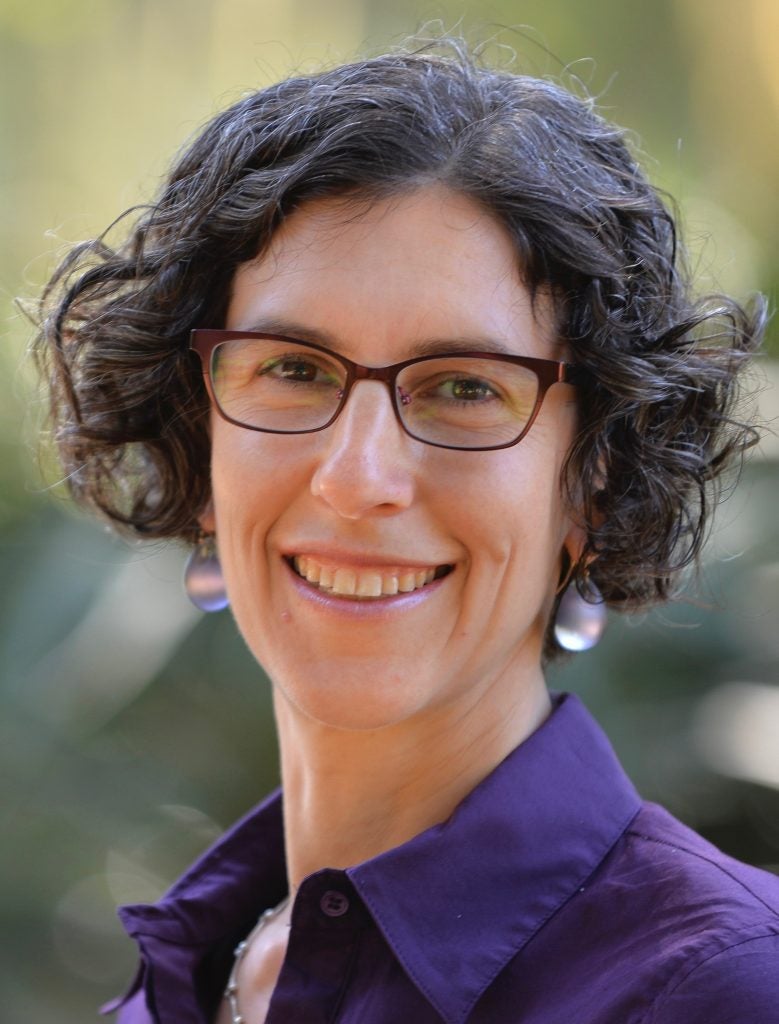
Sara Goldhaber-Fiebert, M.D.
Sara Goldhaber-Fiebert, M.D., is a Clinical Professor at Stanford University School of Medicine, in the Department of Anesthesiology, Perioperative and Pain Medicine. She is fellowship-trained in simulation and patient safety (Harvard’s Center for Medical Simulation, 2007).
Dr. Goldhaber-Fiebert’s main academic interests are in the implementation science of patient safety strategies, with the goal of understanding how to enable teams and institutions to deliver better care to patients. She and her team have become more involved over time in interprofessional team trainings, and broadly enabling speaking up, across both emergency and routine workflow contexts. Her roles for emergency manual development, implementation, and training span:
My roles for emergency manual development, implementation, and training span:
- Co-founder of Stanford Anesthesia Cognitive Aid Group, with ongoing development and iterative testing of the Stanford Emergency Manual: Cognitive aids for perioperative critical events
- Leader for Stanford implementation of emergency manuals
- Co-founder of Emergency Manuals Implementation Collaborative
- Co-director of Stanford’s Interprofessional In-Situ Teamwork Training
- Presentations at conferences and visiting professor visits as well as collaborations globally
- Conducting implementation science mixed-methods research studies. See publications here
In related simulation, quality improvement, and patient safety arenas (selected) she serves on:
- Stanford Medical Leadership Academy: Selected for 18-month intensive leadership program with 15-person cohort across Stanford Healthcare.
- Member of ASA Quality Management & Departmental Administration (QMDA), co-leader for safety culture toolkit; and Society for Education in Anesthesia Simulation Committee
- Launched and co-direct Stanford’s Evolve simulation program, and serve as faculty also in Anesthesia Crisis Resource Management and Maintenance of Certification in Anesthesia, and instructor simulation courses
- Member of Stanford Hospital’s Quality Patient Safety and Effectiveness Committee
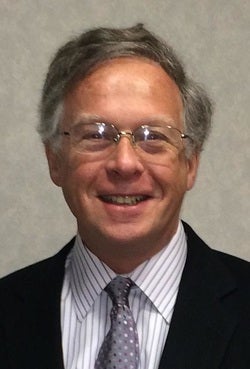
Alexander Hannenberg, M.D.
Alexander Hannenberg, M.D. is a faculty member in the Safe Surgery Program at Ariadne Labs. His work has focused on the implementation of Crisis Checklists for critical event management in the operating room and beyond. He has led Ariadne’s development of a novel, low-barrier teamwork simulation training model. He is also a founding Board Member of Lifebox USA, working on Lifebox safe surgery programs around the world, with a particular focus in Latin America.
He was President of the American Society of Anesthesiologists and also served as its Chief Quality Officer. He holds an appointment as Adjunct Clinical Professor of Anesthesiology at Tufts University School of Medicine. He served on the national Council on Surgical and Perioperative Safety and was chair of its Board in 2013. He led the creation of the Anesthesia Quality Institute (AQI) and its National Anesthesia Clinical Outcomes Registry. He received ASA’s highest recognition, its Distinguished Service Award, and was made an honorary member of the Association of Anaesthetists of Great Britain and Ireland.
Alex received his A.B. from Vassar College and his M.D. from Tufts University, followed by residency and fellowship training in anesthesiology at Beth Israel Hospital in Boston.

David Hepner, M.D., M.P.H.
David Hepner, M.D., M.P.H. is Medical Director of the Weiner Center for Preoperative Evaluation at the Brigham and Women’s Hospital and Associate Professor of Anesthesia at Harvard Medical School. He is an Associate Faculty Member of Ariadne Labs. He is focusing his research on implementation of crisis checklists. For the past five years, he has been working on the use of checklists in the operating room.
Dr. Hepner helped with the development of team checklists for the most common and life-threatening operating room crises, enhancing usability, and optimizing adherence to critical steps in management. He is a co-author of the pilot study that was published in the Journal of the American College of Surgeons, as well as of the most recently published article “Simulation-Based Trial of surgical-crisis checklists” in the New England Journal of Medicine. Another goal of this project is to implement these crisis checklists, a task that he has been spearheading. Dr. Hepner is leading a group at the Brigham and Women’s Hospital that has been teaching the crisis checklists to the incoming anesthesia residents. In addition, he is leading multidisciplinary team training sessions with the use of crisis checklists. Dr. Hepner is a founding member of the Emergency Manual Implementation group, whose goal is to foster the dissemination and effective use of emergency manuals to enhance patient safety. He has helped lead expert panel interactive discussions at the last three American Society of Anesthesiologists annual meetings on progress toward effective use of emergency manuals in hospitals across the country.
Dr. Hepner received his B.A. from Clark University, his M.P.H. from Harvard School of Public Health, and his M.D. from Medical College of Wisconsin. His clinical training includes internship in Medicine at the Washington University School of Medicine, and residency in anesthesiology and fellowship in obstetric anesthesia at the Hospital of the University of Pennsylvania.

Steve Howard, M.D.
After anesthesia residency training at Stanford, I spent a year in fellowship training in patient safety and simulation. Most of my academic work has been in the field of realistic patient simulation and measuring the effect of fatigue on health care personnel. I am a co-developer of or Crisis Resource Management training originally for anesthesia providers and now interdisciplinary groups of clinicians. I am fascinated by the cognition of clinicians and how teams behave to provide care to patients.
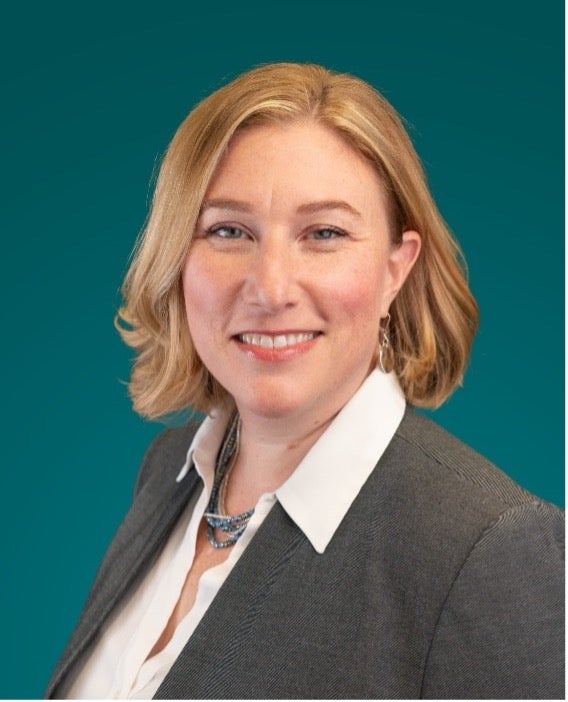
Emily Jones, PhD, RN, CNOR, EBP-C
Dr. Emily Jones is a senior perioperative practice specialist with the Association of periOperative Registered Nurses (AORN) where she is an author of the evidence-based AORN clinical guidelines for perioperative practice. Dr. Jones is a contributing editor for the clinical issues column in the peer-reviewed AORN Journal. She is an expert on a variety of perioperative clinical topics including surgical smoke safety, team communication, perioperative crisis simulation, local-only anesthesia, and surgical staff & patient safety. With over 25 years of perioperative clinical experience, Dr. Jones has facilitated multiple team-based surgical crisis simulation exercises to highlight the implementation of emergency manuals as effective team educational tools and as useful cognitive aids during crisis situations to optimize perioperative patient outcomes. Her PhD research focused on the relationships between organizational factors and perioperative nurse patient safety attitudes during the care of the patient receiving local-only anesthesia. Dr. Jones received the 2025 Dr. Janet Rexrode Southby Prize in Nursing Research for exhibiting an outstanding commitment to nursing research.
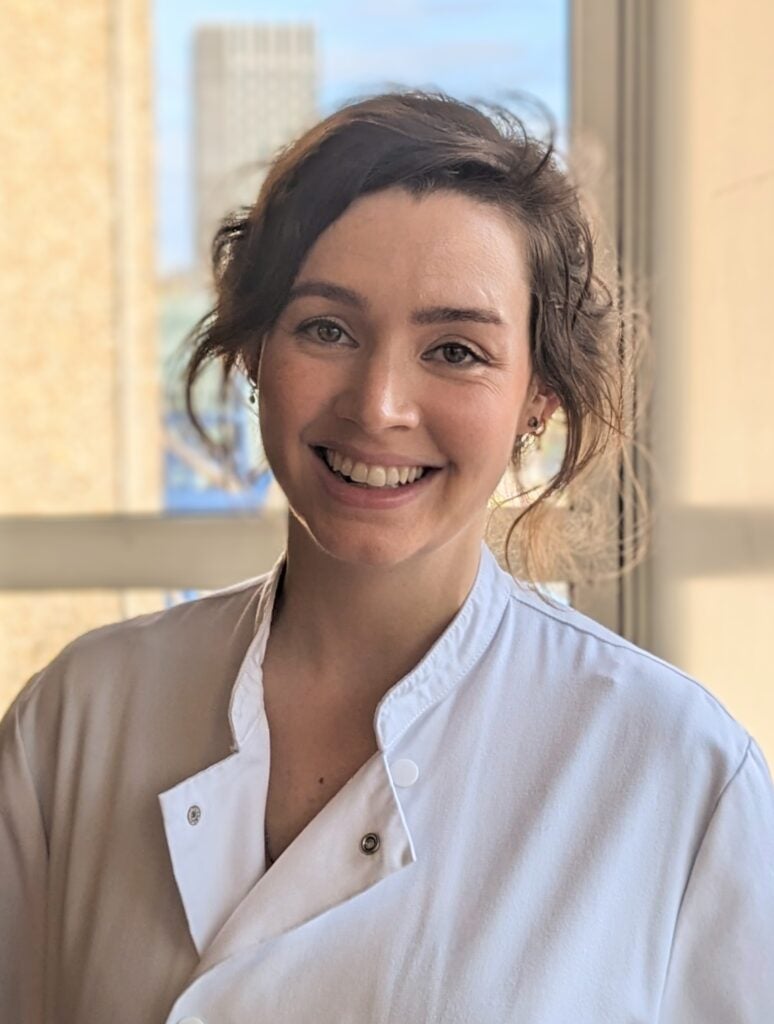
Lena Koers, M.D., Ph.D.
Dr. Lena Koers is an Anesthesiologist and Pediatric Critical Care Consultant at Leiden University Hospital. She has a Ph.D. in Perioperative Quality of Care and Patient Safety. She developed the Dutch Emergency manual for perioperative critical events (both adult and pediatric) as well as Emergency Manuals for deteriorating surgical patients in the ward and critical events in the Pediatric Intensive Care unit at the Amsterdam University Medical Center in collaboration with Stanford University. Her research has focused on developing and validating these manuals.
She furthermore has an interest in Congenital Cardiac Disease, Extra Corporeal Life Support and Pediatric Trauma. She is active in interprofessional simulation training and several quality of care promoting workgroups locally.

Paul G. Preston, M.D.
I am a Staff Anesthesiologist at San Francisco Kaiser and a Physician Safety Educator for the Permanente Medical Group. My training in Anesthesiology was at UCSF. I have been active for 16 years with simulation training in Anesthesia, OB, ED and other environments, and have also worked on error and human factors in the perinatal, OR and general medical areas. I am an IHI Improvement advisor and work with surgical team communications in this capacity.
